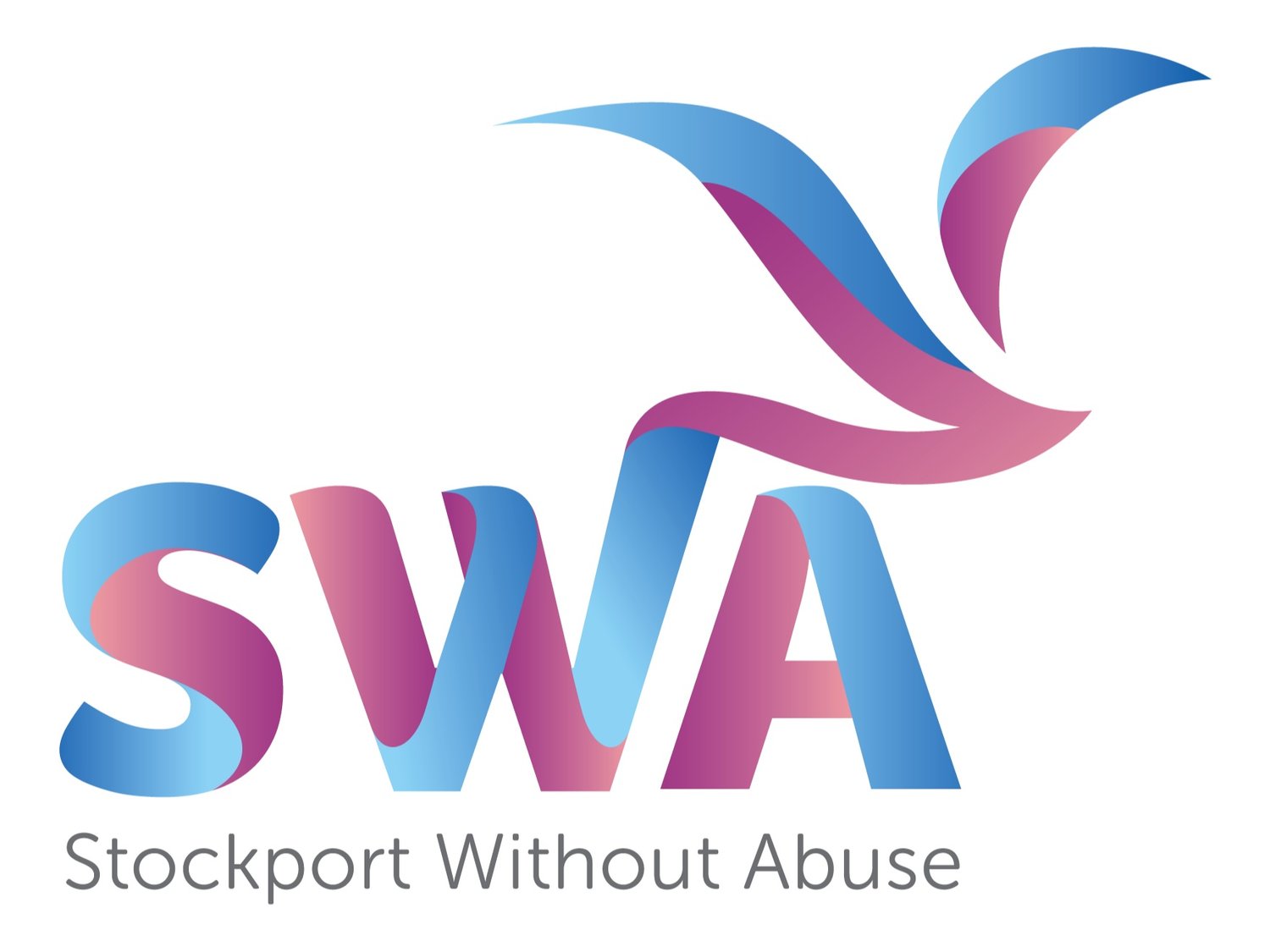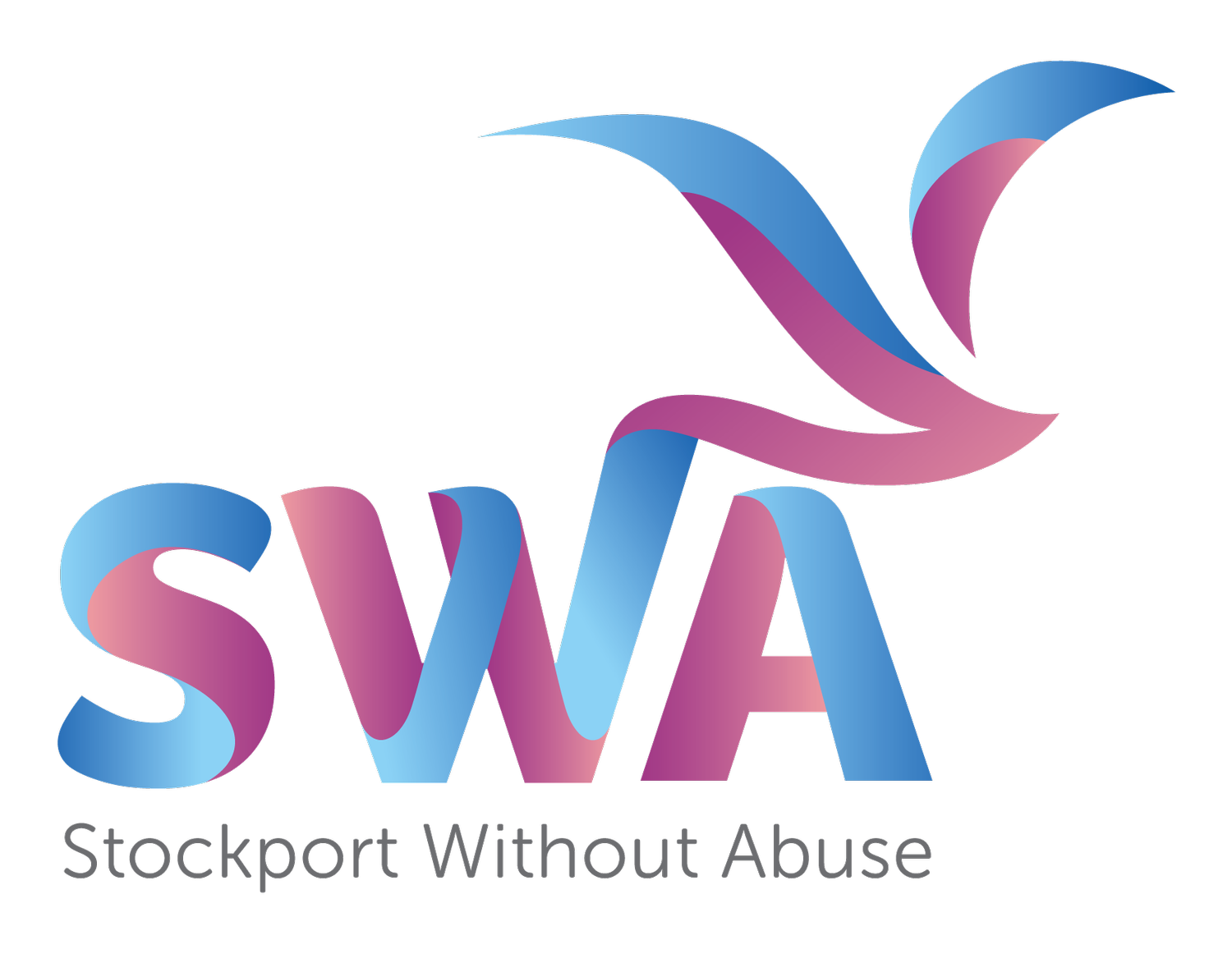Forced Marriage
A forced marriage is a marriage which takes place without the consent of either the bride or groom (this is not to be confused with an arranged marriage, when both parties are given a choice and freely give their consent).
Forced marriage is often misunderstood to be an acceptable side of tradition and culture. In reality it is a violation of human rights and is a form of domestic abuse. Forced marriages can often result in rape, assault and abduction.
Victims of forced marriage may be tricked into going abroad and then have their passport taken away until they have participated in a marriage, or they may be threatened with physical violence or emotionally blackmailed into marriage.
As well as those who simply do not want to marry the other person, forced marriages include children who are below the age of legal marriage in the UK and lesbian and gay people who do not want to marry someone of the opposite sex.
It's illegal in the UK to force someone to marry, this includes:
taking someone abroad to force them to marry (even if the forced marriage doesn't take place)
marrying someone who can't consent to the marriage
You have the right to choose who you marry, when you marry or whether you want to get married or not.
It’s possible that your parents or family are forcing you to marry because they think it’s the best thing for you. Or some families may see forced marriage as part of their religion or culture.
They might be putting pressure on you in the following ways:
physical abuse: threats, physical and sexual violence
emotional and psychological abuse: making you feel like you're bringing shame on your family
financial abuse: having your wages taken away or withholding money
If you've already been forced into a marriage this abuse might still be happening.
Forced marriage could be happening to someone you know.
Some signs that someone could soon be (or is already) a victim of forced marriage:
running away from home
self-harming or attempted suicide
depression, or becoming worried or withdrawn
poor performance at work, school or college or unexplained absence
a surprise engagement to a stranger you've not heard of before
a sudden holiday (some people are tricked into going abroad for a holiday or to see relatives)
no control over their own money
not returning from a visit to another country
You can apply for a Forced Marriage Protection Order if you’re in a forced marriage, or you or someone else is being threatened with forced marriage. It’s free, but you should check that you’re eligible to apply, and you will need to attend a hearing.
The order is a legal document issued by a judge, designed to protect individuals based on their particular circumstances. It contains legally binding conditions which can prevent anyone from taking you abroad or entering you into a marriage contract. If someone breaches the order, this is a criminal offence and the police will get involved.
Legal aid
You could qualify for legal aid to help you with legal costs.
Safety advice
Forced marriage is against the law and is wrong, but even if you really don’t want to talk to the police or other agencies then please think about the following safety advice if you think you may be forced into a marriage in this country or abroad:
Keep a copy of your passport including dual nationality passports
Tell a trusted friend if you are travelling abroad and give them addresses of where you will be staying and also details of your return flight so they can alert the police if you fail to return on that date
Have a spare mobile to hand that you can be contacted on and leave the number with trusted people so you are contactable
Memorise police phone numbers, and/or email addresses of the Forced Marriage unit and trusted friends in case you have to call them in an emergency
Have addresses of British Embassies available
The police encourage victims of forced marriage to get help from them. They have specialist officers who can deal with issues, and who will help and support you through the process.
The police will respect your wishes, respect confidentiality, establish lines of communication and provide appropriate support and guidance via a number of support agencies.
In an emergency: dial 999
An emergency is when a crime is being committed or has just been witnessed, there is a risk of injury, or a risk of serious damage to property.
In a non-emergency: dial 101
Use this number to report a non-emergency incident or make a general inquiry.
Report anonymously
Contact Crimestoppers on 0800 555 111. Crimestoppers is a charity which is entirely independent of police and never share details with police of people who have got in touch.
Forced Marriage Unit
The Forced Marriage Unit runs a helpline that provide advice and support to victims of forced marriage as well as people and professionals who are worried about someone else who is at risk.
They can also help to bring you back to this country if you have been forced into a marriage abroad.
fmu@fco.gov.uk
Telephone: 020 7008 0151
From overseas: +44 (0)20 7008 0151
Monday to Friday, 9am to 5pm
Out of hours: 020 7008 1500 (ask for the Global Response Centre)
Find out about call charges
Karma Nirvana
Karma Nirvana is a UK registered charity that supports victims and survivors of Forced Marriage and Honour Based Abuse.
Helpline 0800 5999247

